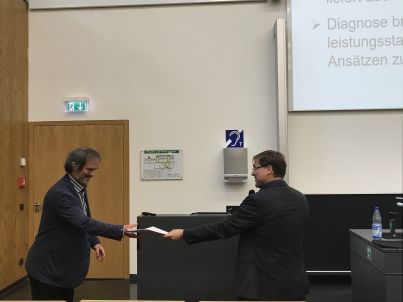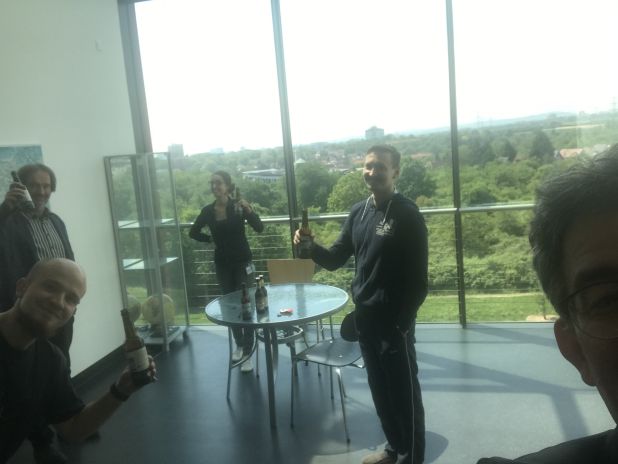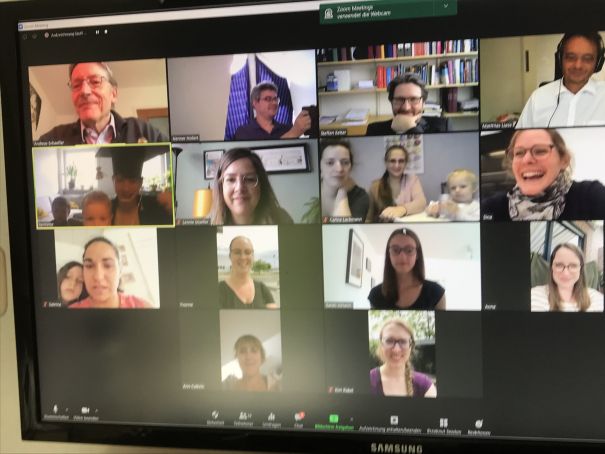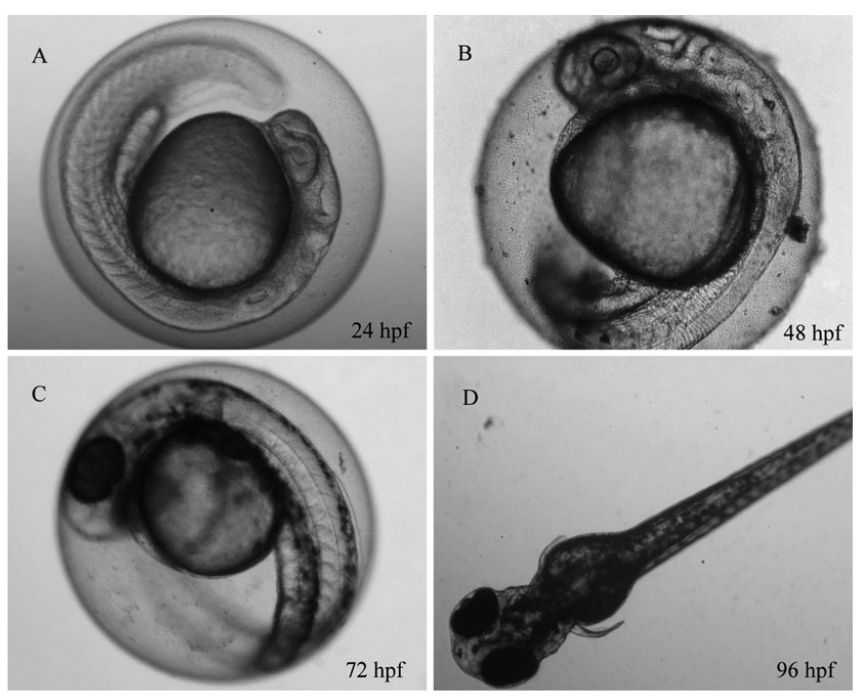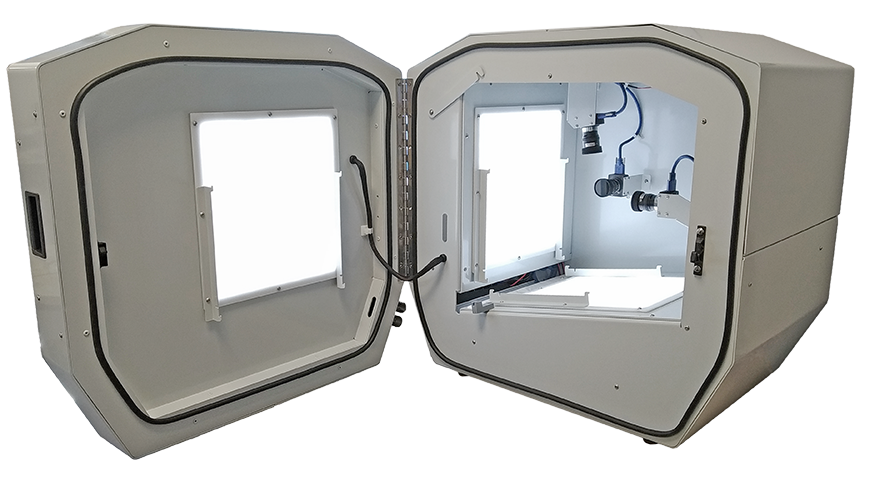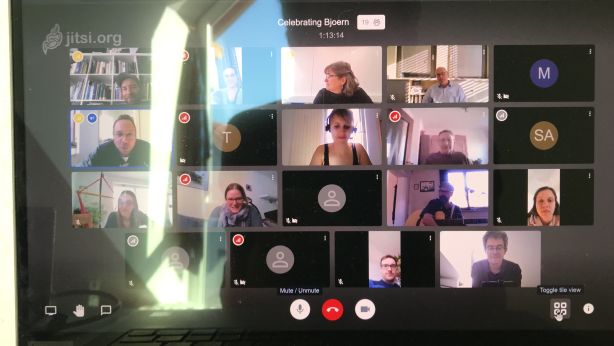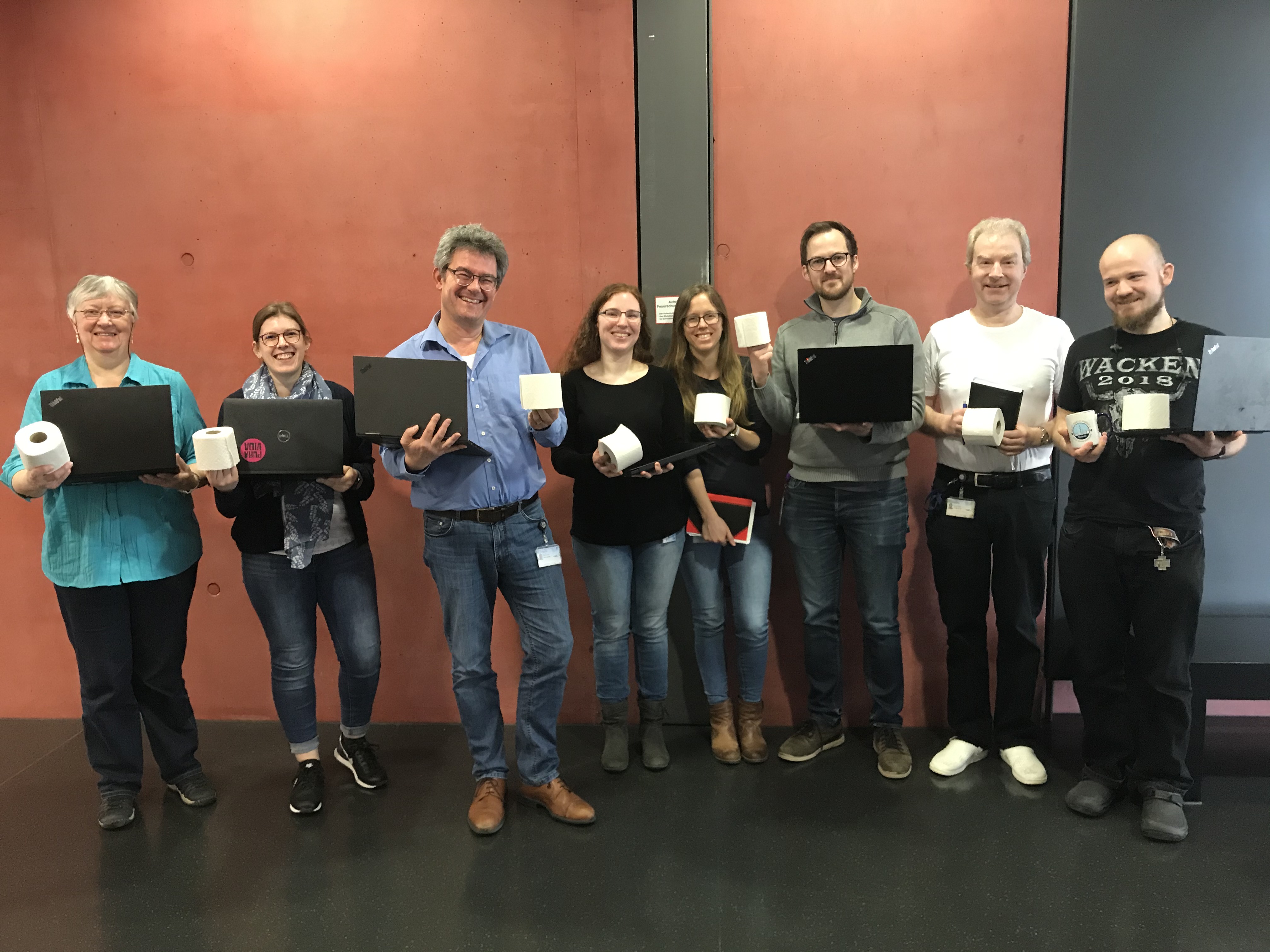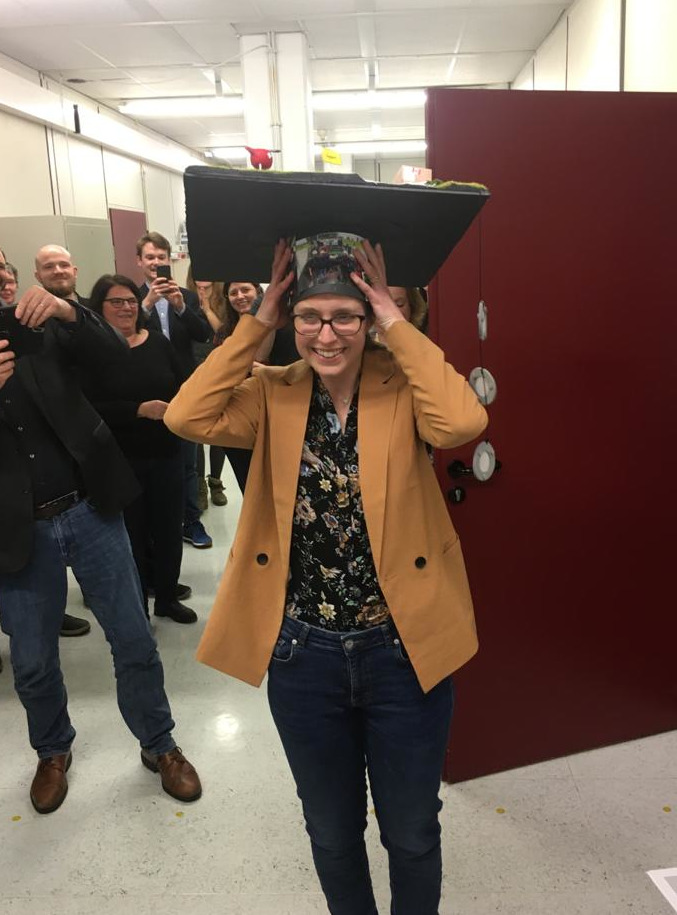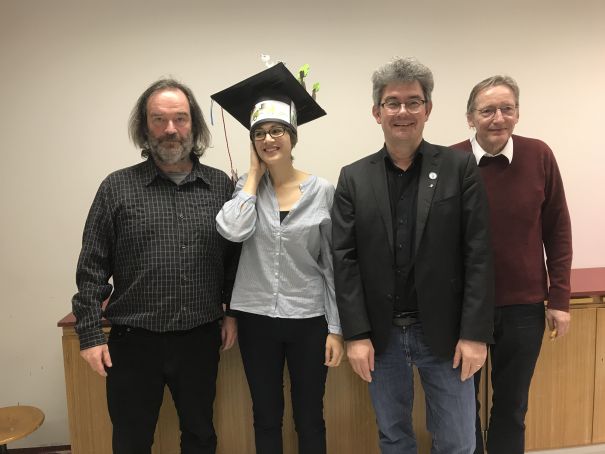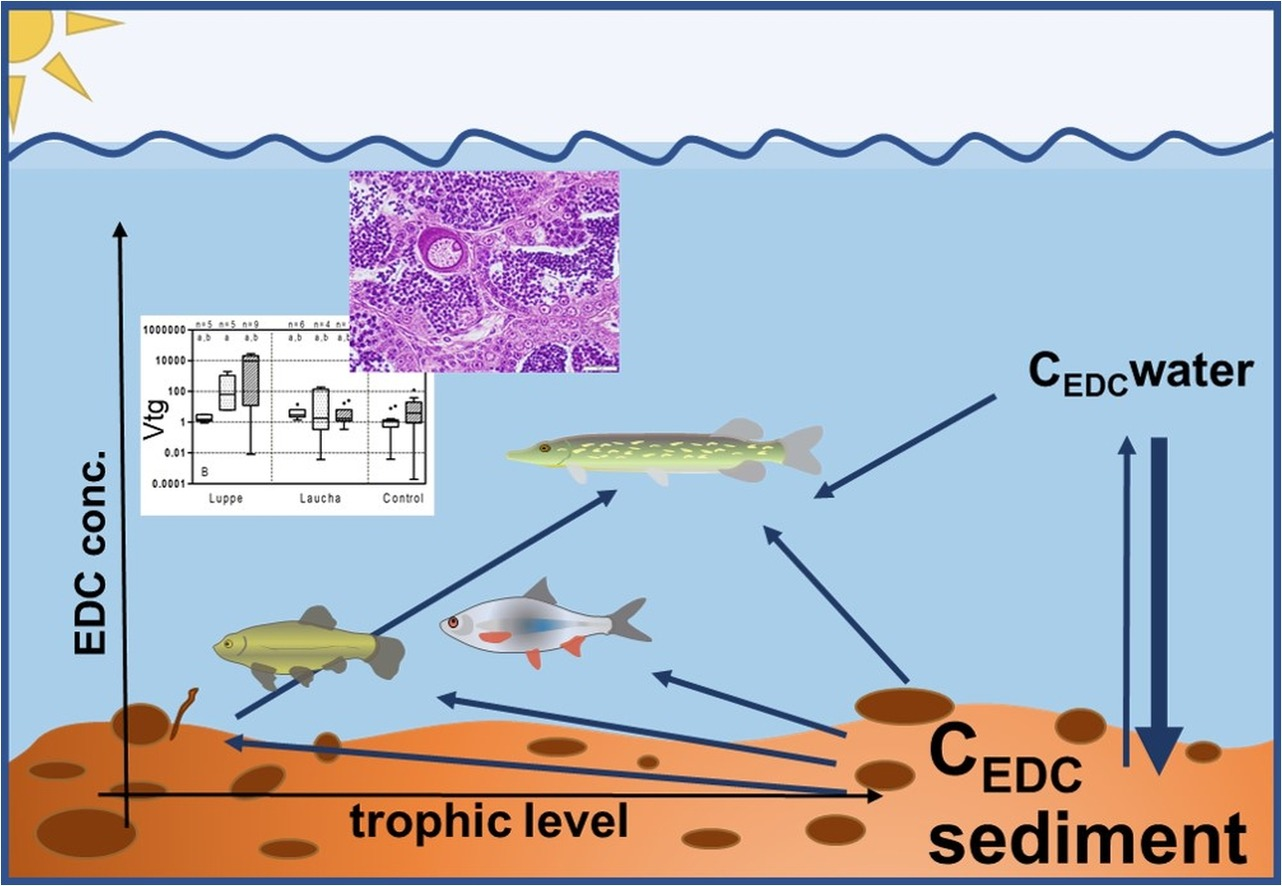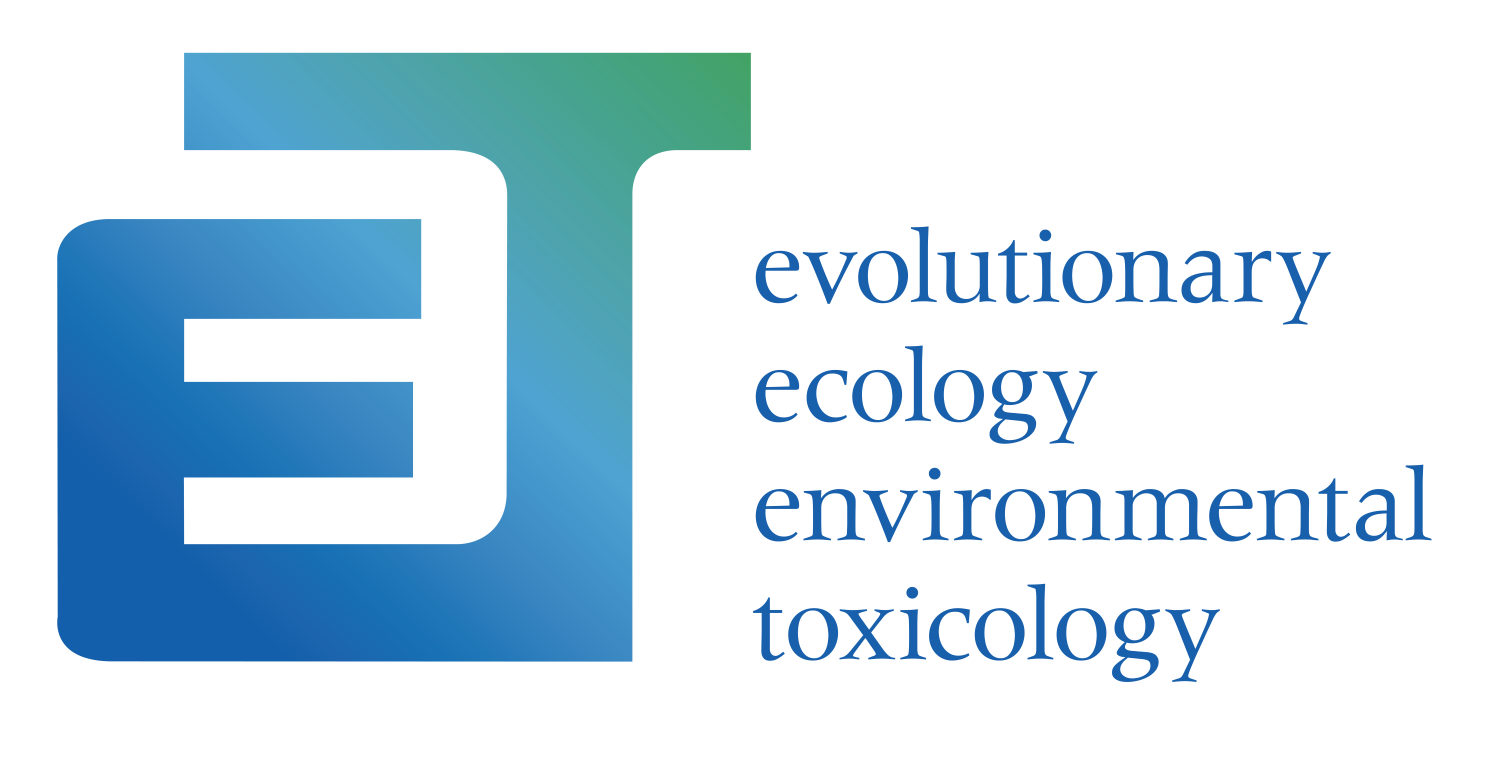- GU Home
- Biowissenschaften
- Institute und Einrichtungen
- Institut OED
- Abteilungen
- Abt. Hollert
- News
- News Archive 2020
Contact
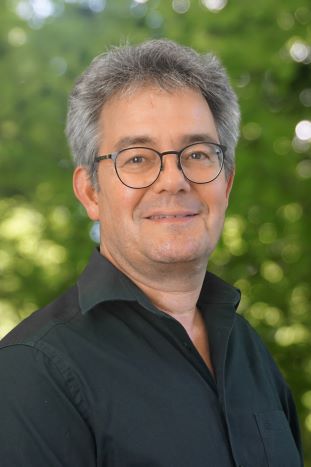
Goethe University Frankfurt
Biologicum, Campus Riedberg
Max-von-Laue-Str. 13
60438 Frankfurt am Main, Germany
Room: 3.319
Phone: +49 (0)69 798 42171
Fax: +49 (0)69 798 42161
Email: hollert(at)bio(dot)uni-frankfurt(dot)de
Former Affiliation:
http://www.bio5.rwth-aachen.de
- Aktuelles und Presse
- Pressemitteilungen
- Öffentliche Veranstaltungen
- Uni-Publikationen
- Aktuelles Jahrbuch
- UniReport
- Forschung Frankfurt
- Aktuelle Stellenangebote
- Frankfurter Kinder-Uni
- Internationales
- Outgoings
- Erasmus / LLP
- Goethe Welcome Centre (GWC)
- Refugees / Geflüchtete
- Erasmus +
- Sprachenzentrum oder Fremdsprachen
- Goethe Research Academy for Early Career Researchers
- Forschung
- Research Support
- Forschungsprojekte, Kooperationen, Infrastruktur
- Profilbereich Molecular & Translational Medicine
- Profilbereich Structure & Dynamics of Life
- Profilbereich Space, Time & Matter
- Profilbereich Sustainability & Biodiversity
- Profilbereich Orders & Transformations
- Profilbereich Universality & Diversity
